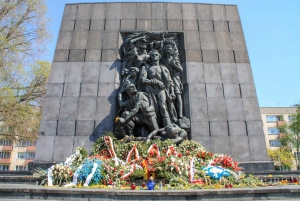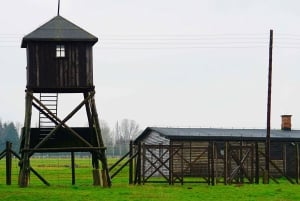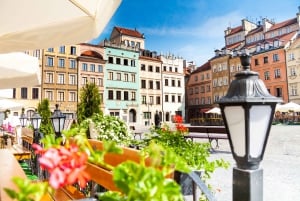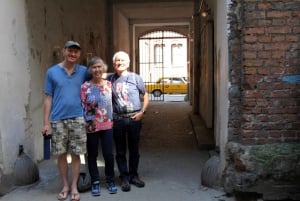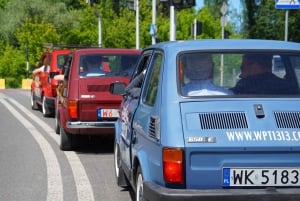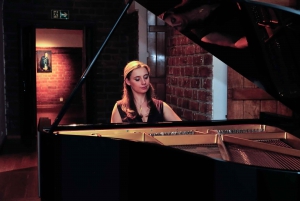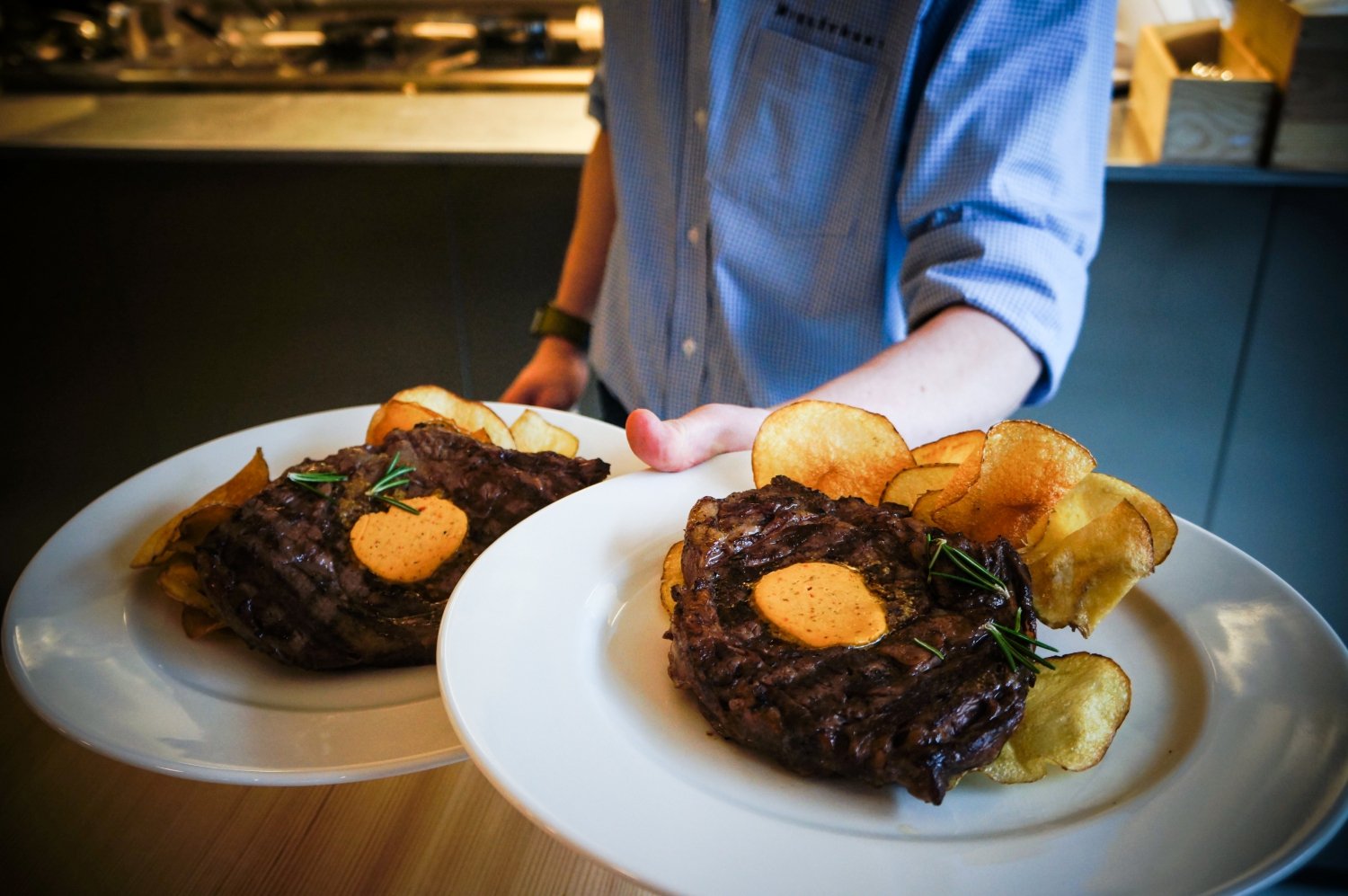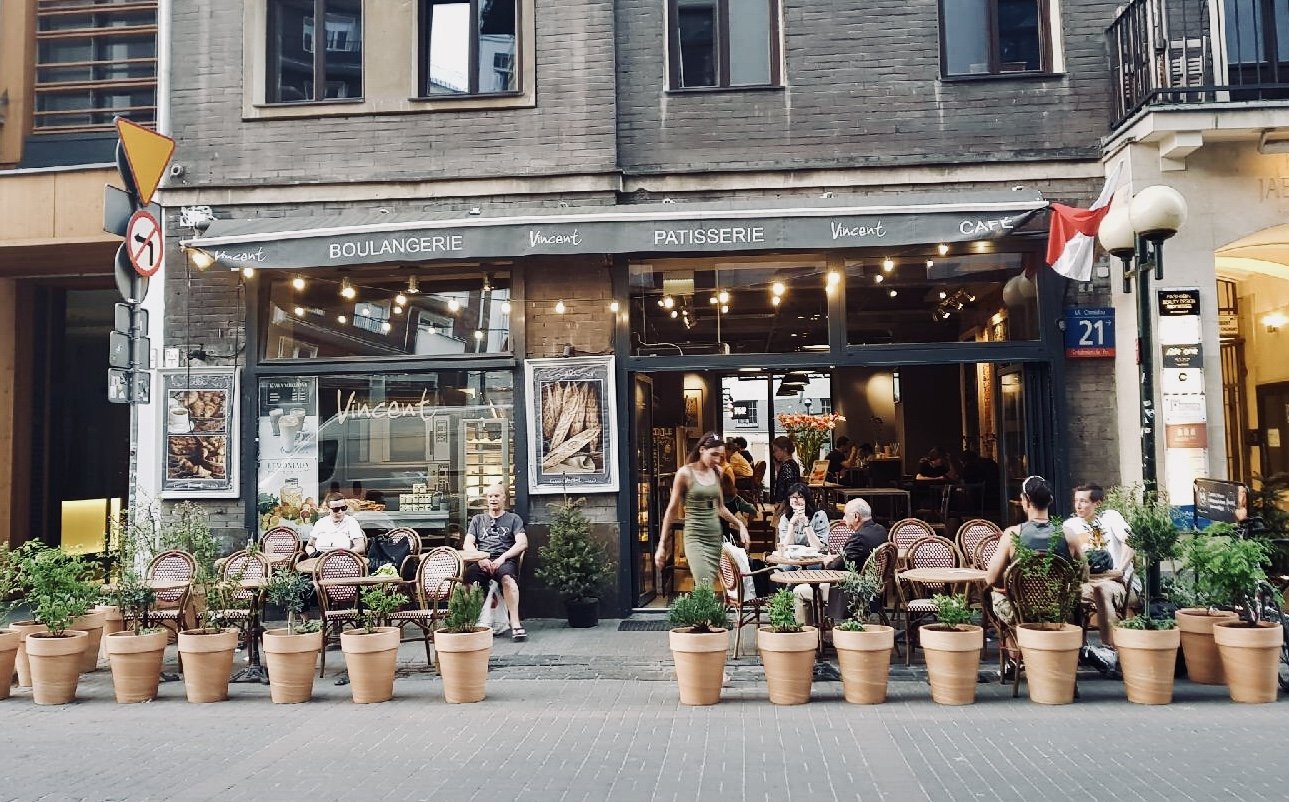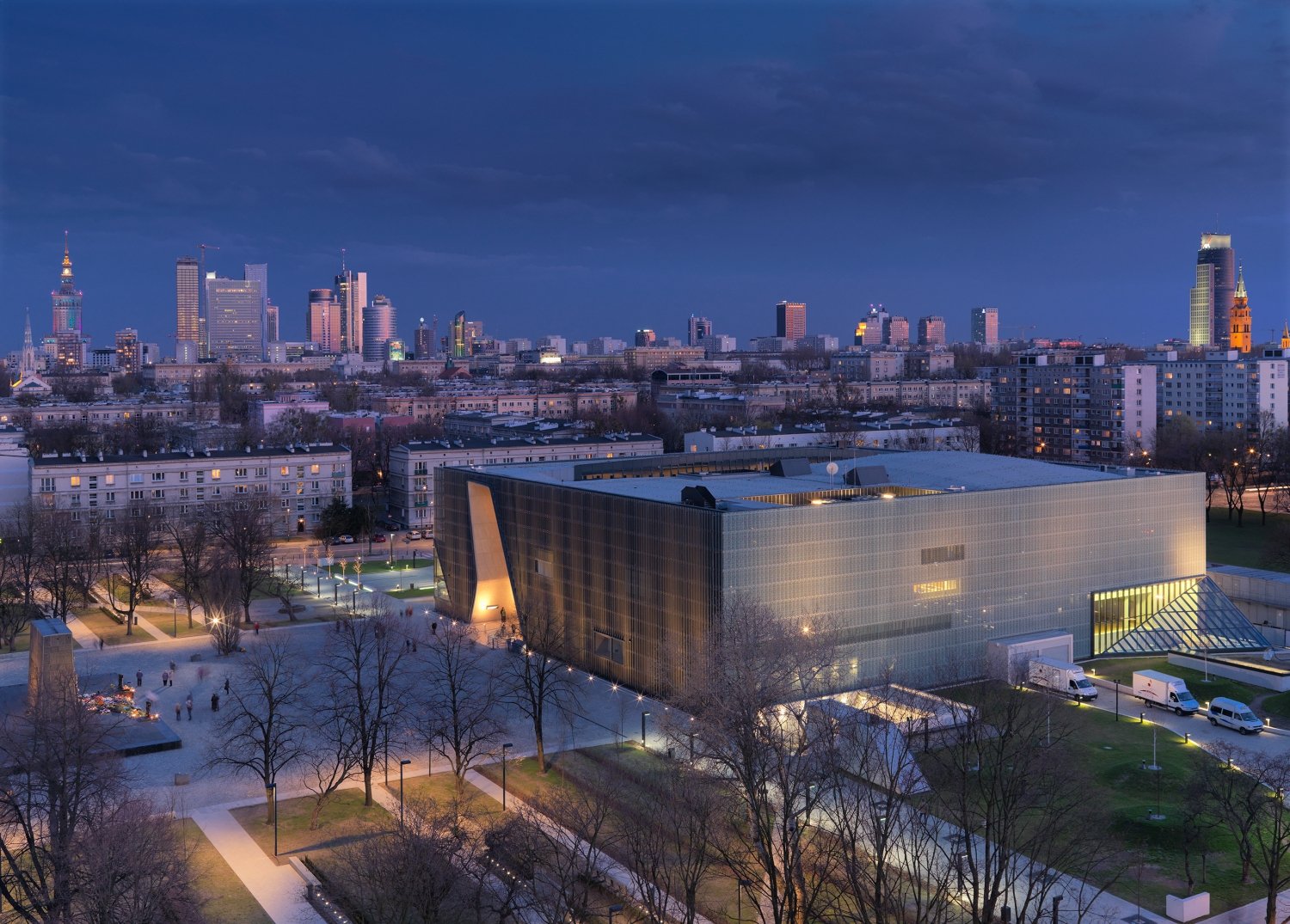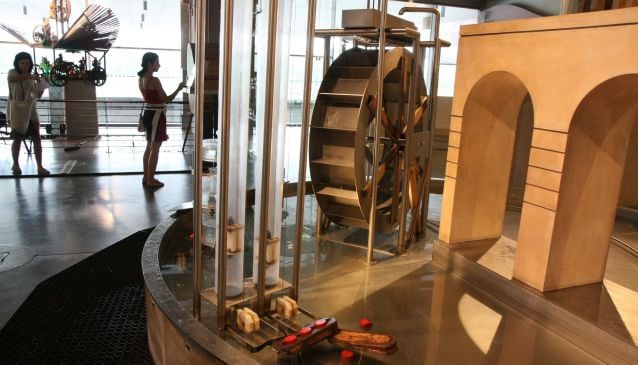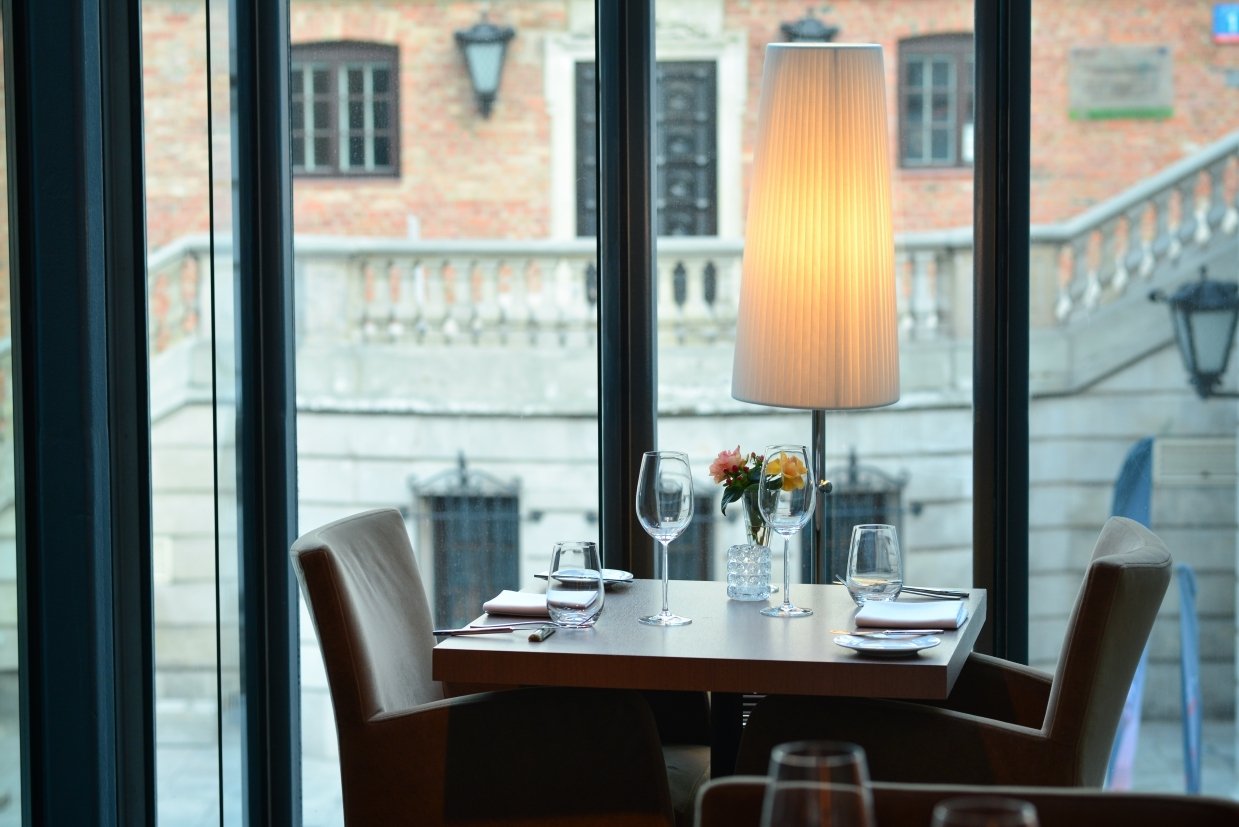Polish Language Basics
Poland’s native language is Polish, a West Slavic language not too dissimilar from Slovak and Czech. English, however, is very widely spoken, especially by younger people, and you will probably be surprised by the high level of foreign languages in Poland in comparison to other European countries. The next most common language is German, with Spanish and Italian gaining popularity in recent years.
A few basic phrases in Polish will always come in handy, and will always be met with approval by your listeners. Polish people tend to be rather in awe of anyone who attempts their phlegm-inducing consonant clusters, and even the most horrifically mispronounced greeting will be enthusiastically applauded. The only thing Poles tend not to be good at is speaking slowly – but most people are as gifted at expressive hand gestures as they are at foreign languages, so communication is rarely a problem.
If you’ve got room for no more than two words in the language section of your brain, make them the words for please and thank you – "proszę" (PRO-sheh) and "dziękuję" (dzhen-KU-ye). "Proszę" is a cover-all that will come in handy in almost all situations. You can use it to get someone’s attention, when you’re handing something to somebody (like money or your passport), when you can’t understand or hear someone properly, when you want to accept something you’re offered, or to mean "you’re welcome". If you stop someone in the street to ask directions, you can say, "Marszałkowska, proszę" (Where’s Marszałkowska Street, please?) You can also use it for ordering in a restaurant or buying something in a shop – simply point to what you’d like and say "proszę", or try a full phrase like, "Proszę kawę" (I’d like a coffee, please). Besides meaning "thank you", "dziękuję" is a polite way to refuse something – for example, if someone outside the train station tries to thrust an unsollicited leaflet into your hand, or an overeager host wants to pour you another vodka, just smile and say, "dziękuję".
Here are some of the basics of Polish communication. Pronunciation can seem daunting, but it’s actually far more logical than English. The accent in Polish words is nearly always on the second-to-last syllable. The letters ż and rz are pronounced like the "s" in "pleasure", sz like "sh", and cz like "ch", while ch is like a hard, gutteral "h" sound. The letter j is pronounced like the "y" in "yes", c is usually pronounced "ts", and ł is pronounced like the "w" in "water". Not confused yet? Read on!




